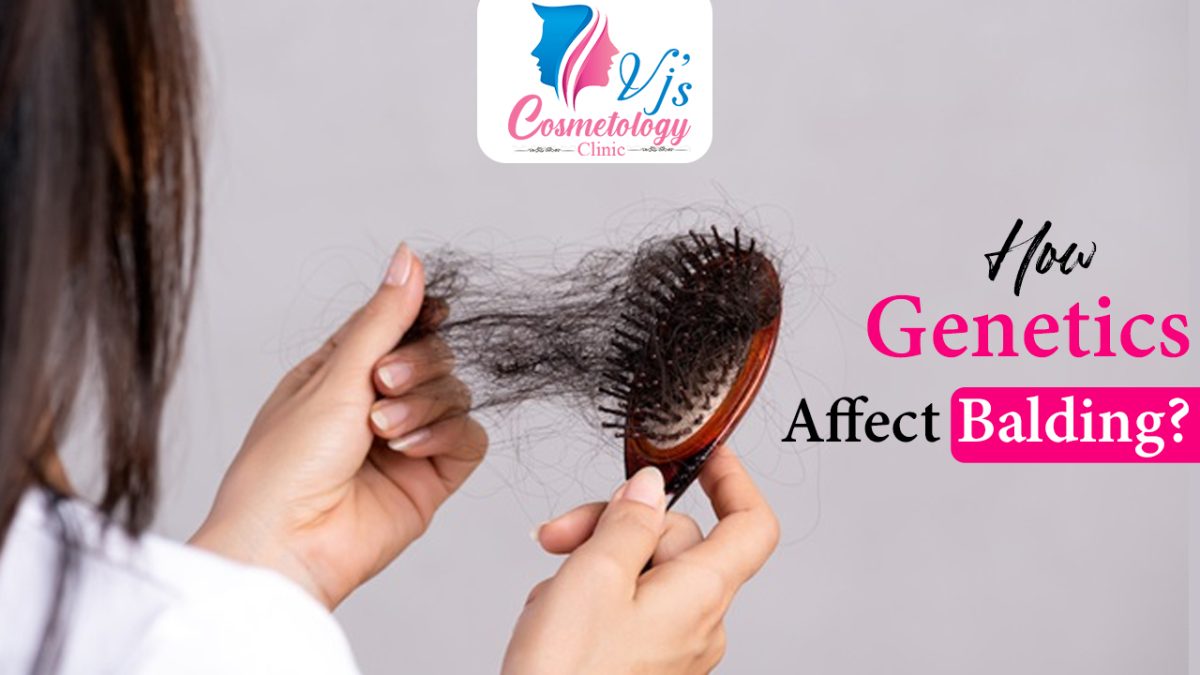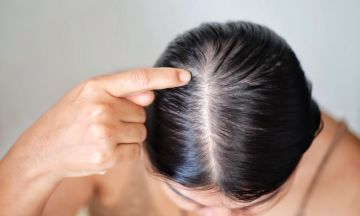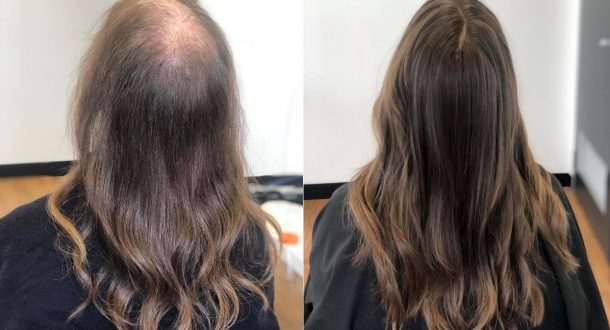![]()
You might have noticed people that are the same in age. However, one has a head full of hair, and the other one has a visible balding hairline. One of the reasons for this baldness can be your genes can be treated through a hair transplant in India, but the question is how genetics can play a role in balding?.
What Are Hair Genetics?
Hair genetics are the genetics that you inherit from your parents, which influence the condition of your hair. Genetics not only determines what colour of texture your hair is going to get but also determines when and why you may start to lose hair.
Hair loss that takes place due to a gene variant can be inherited from any of your parents. The inherited genes then decide the fate of your hair.
In case a number of your family members have been struggling with hair loss, then you might consider checking up on your hair’s health and opt for measures such as hair loss treatment in Vizag in order to prevent your head from baldness.
When you have a comprehensive understanding of the genetic condition of your hair, it helps you to decide on the measures that would be beneficial for the health of your hair and give you a solution to prevent hair loss.
The Role Of Hormones
Genes are not the only ones responsible for your hair loss. The hormones, along with the genes, contribute a lot to turning your full hair head into a bald one. A form of testosterone known as dihydrotestosterone is often responsible for hair loss.
Increased levels of DTH results in miniaturisation of hair follicles. This makes the hair more short, thin and fragile. Testosterone is present in both men and women and therefore, both can experience hair loss. Opting for a hair transplant in India can help you get through the problem of extreme baldness.
When you are aware of your hormones, along with the genetics that can lead to hair loss, you can find a more appropriate solution for this problem based on your understanding.
Managing Genetic Hair Loss
Being aware of your family history as well as hormonal imbalances that lead to hair loss can help you find solutions that are suitable to manage hair loss.
There are some measures that you can take in order to prevent hair loss and avoid baldness. These measures include:
- Indulging yourself in activities that lead to stress relief.
- Switch to a healthy diet that can provide enough required for the good health of your hair.
- Use shampoos and other tropical therapies that can help to slow down the loss of hair.
In case you have already reached the condition of extreme baldness, you can contact a hair restoration therapist for hair loss treatment in Vizag. The therapist would suggest to you the hair loss treatments that would suit your condition the best.
Before opting for hair transplant treatment in India or taking any other measures, it is essential to know the major cause of hair loss. Also, it is important to note that any medications or steps to slow down hair loss should be taken under the guidance of a hair restoration professional.




